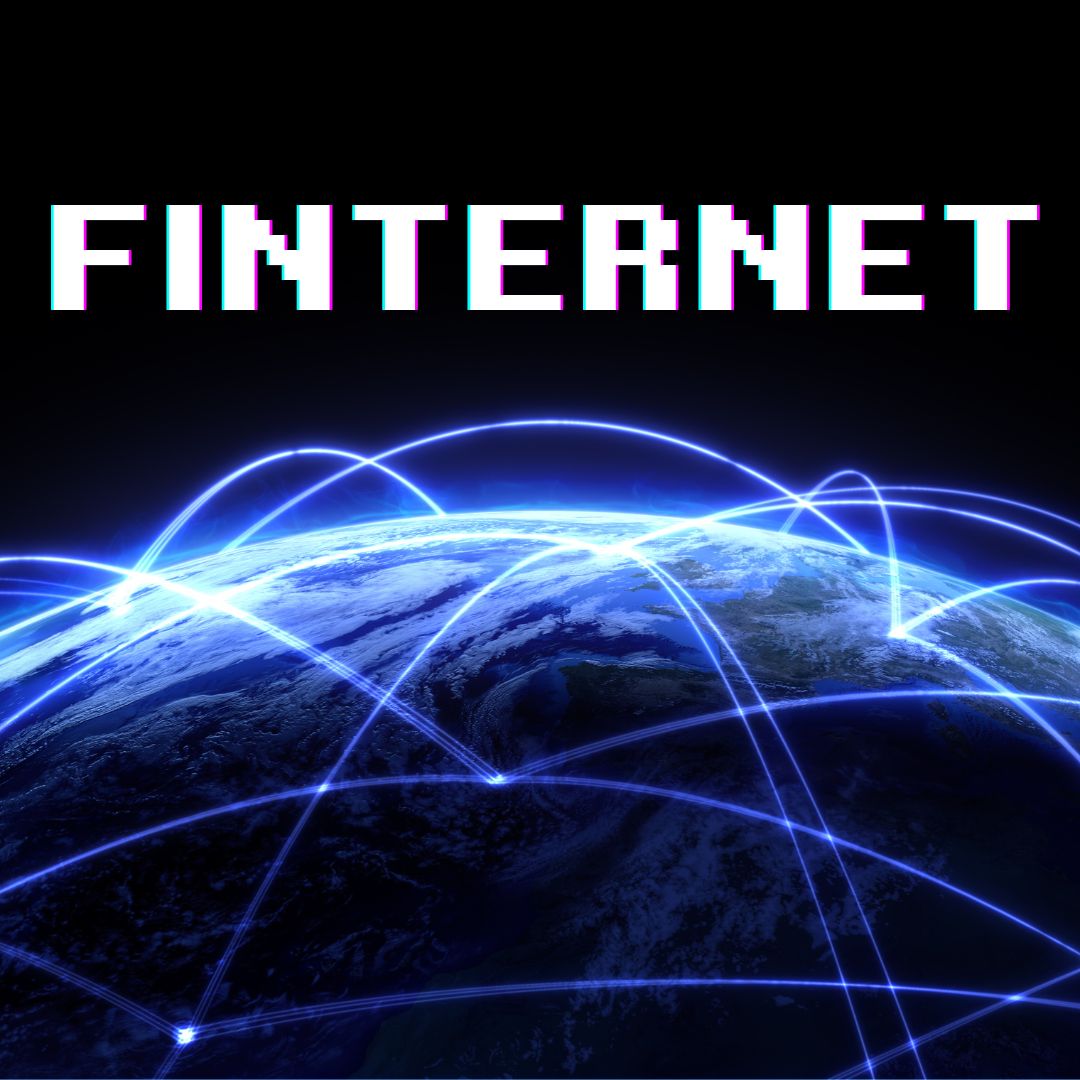The concept of the Finternet, a blend of finance and decentralized Internet technologies, is shaping up to be one of the most significant innovations of our time. By combining the power of blockchain technology with financial systems, the Finternet is set to revolutionize how we interact with money, data, and digital services.

What Is the Finternet?
The Finternet is a new paradigm that merges the infrastructure of traditional finance with the disruptive potential of blockchain and decentralized networks. This ecosystem leverages technologies like smart contracts, cryptocurrencies, and distributed ledgers to create a more transparent, secure, and accessible financial system.
It aims to eliminate intermediaries, reduce transaction costs, and democratize access to financial services worldwide. By integrating blockchain’s decentralized nature with the efficiency of the digital economy, the Finternet creates opportunities for innovation across industries.
Financial Applications of the Finternet
The Finternet is already making waves in multiple financial sectors:
- Cross-border payments: Blockchain solutions like RippleNet are redefining international transactions, offering faster and cheaper alternatives to traditional systems.
- Decentralized Finance (DeFi): DeFi platforms allow users to access loans, investments, and savings without relying on banks, enabling financial inclusion for millions.
- Asset tokenization: Real-world assets, such as real estate and art, can now be converted into digital tokens, making ownership and trading more accessible.
- Blockchain-based credit and insurance: Smart contracts are automating complex processes like loan approvals and insurance claim payouts, increasing efficiency and trust.
The Role of Blockchain in the Finternet
Blockchain serves as the backbone of the Finternet, ensuring the security, immutability, and transparency of transactions. Beyond finance, blockchain is driving innovation in:
- Digital identity: Creating secure, decentralized identity systems that protect user privacy.
- Supply chain management: Enhancing product traceability and reducing fraud in global logistics.
- Intellectual property: Using NFTs to safeguard digital ownership and intellectual rights.
Advantages of the Finternet
The Finternet offers numerous benefits for individuals, businesses, and governments:
- Global accessibility: Anyone with an Internet connection can participate in this financial ecosystem.
- Lower costs: Reducing reliance on intermediaries significantly cuts transaction fees.
- Enhanced security: Decentralization minimizes the risk of fraud and cyberattacks.
- Continuous innovation: Technologies like AI and blockchain are driving constant improvements in the Finternet’s capabilities.
The Future of the Finternet
As financial institutions and tech companies increasingly adopt this concept, the Finternet will likely become a global standard. Cryptocurrencies like Bitcoin, Ethereum, and XRP are expected to play pivotal roles, along with decentralized finance (DeFi) protocols and NFT platforms.
The integration of these tools into everyday financial practices could reshape industries, providing faster, more transparent, and inclusive solutions for global users.
Conclusion
The Finternet is not just a futuristic idea—it is a growing reality that is changing how we think about money and technology. This convergence of blockchain and finance opens doors to new possibilities, offering a decentralized and innovative approach to the global economy.
The Finternet is here to stay, and its potential to transform industries is only beginning to unfold.
